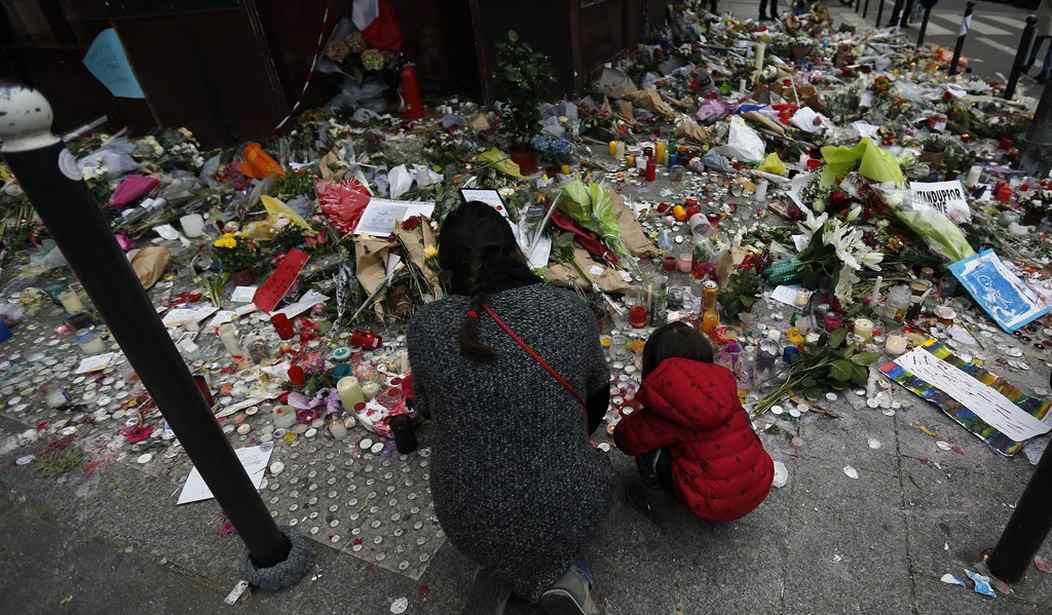The lower house of the French parliament passed a hotly debated law that would not only heavily scrutinized Muslim mosques, schools, and sports clubs for Islamist influences but also promote respect for French values like free speech.
The bill passed 347-151, with 65 abstentions. French President Macron is being accused of promoting the bill to attract far-right anti-immigrant voters in the lead-up to the presidential vote next year.
Marine Le Pen of the far-right National Rally Party finished second to Macron in the 2017 elections, failing to win a runoff. Immigration was a huge issue during the campaign and Macron appears to be trying to protect his right flank with this bill.
The bill gained added urgency after a teacher was beheaded outside Paris in October and three people were killed during a knife attack at a Nice basilica the same month.
A section that makes it a crime to knowingly endanger the life of a person by providing details of their private life and location is known as the ’’Paty law.” It was named for Samuel Paty, the teacher who was killed outside his school after information about where he taught was posted online in a video.
The bill bolsters other French efforts to fight extremism, mainly security-based.
The argument of opponents is that it unfairly targets a single group and that most of the crimes are covered by other laws. Muslims fear the law will be used injudiciously and could be an instrument of oppression.
But France’s largest Muslim group, the French Council for Muslim Faith, gave its blessing to the bill as did other religious groups. The bill never mentions “Muslims” or “Islam” by name, which was criticized by National Rally as a “half-measure.”
But the debate in parliament was over Macron’s ulterior political motives.
Days before Tuesday’s vote, Interior Minister Gerald Darmanin – the bill’s main sponsor – accused far-right leader Marine Le Pen during a nationally televised debate of being “soft” on radical Islam, saying she needs to take vitamins.
The remark was intended to portray the government as tougher than the far-right in tackling Islamic extremists. But Le Pen criticized the bill as too weak and offered what she called her own, tougher counter-proposal. Le Pen, who has declared her presidential candidacy for the 2022 election, lost in the 2017 runoff against Macron.
Some of the bill’s elements are targeted specifically at Muslims, even though they are never mentioned.
Among other provisions, the bill would ban virginity certificates and crack down on polygamy and forced marriage, practices not formally attached to a religion. Critics say those and other provisions are already covered in existing laws.
It would also ensure that children attend regular school starting at age 3, a way to target home schools where ideology is taught, and provide for training all public employees in secularism. Anyone who threatens a public employee risks a prison sentence. In another reference to Paty, the slain teacher, the bill obligates the bosses of a public employee who has been threatened to take action, if the employee agrees.
I’m not sure how effective this bill will be in stopping radicalization. As we’ve seen here in the U.S. and elsewhere, people can be radicalized just as effectively online. And the prison system in France is another avenue for Islamists to recruit.
But Macron felt he had to do something following the terror attacks last year — especially the murder of a history teacher outside of his school after he tried to teach about free speech by displaying the Mohammed cartoons. That began a nationwide debate on French rights and culture that culminated in this bill.










Join the conversation as a VIP Member